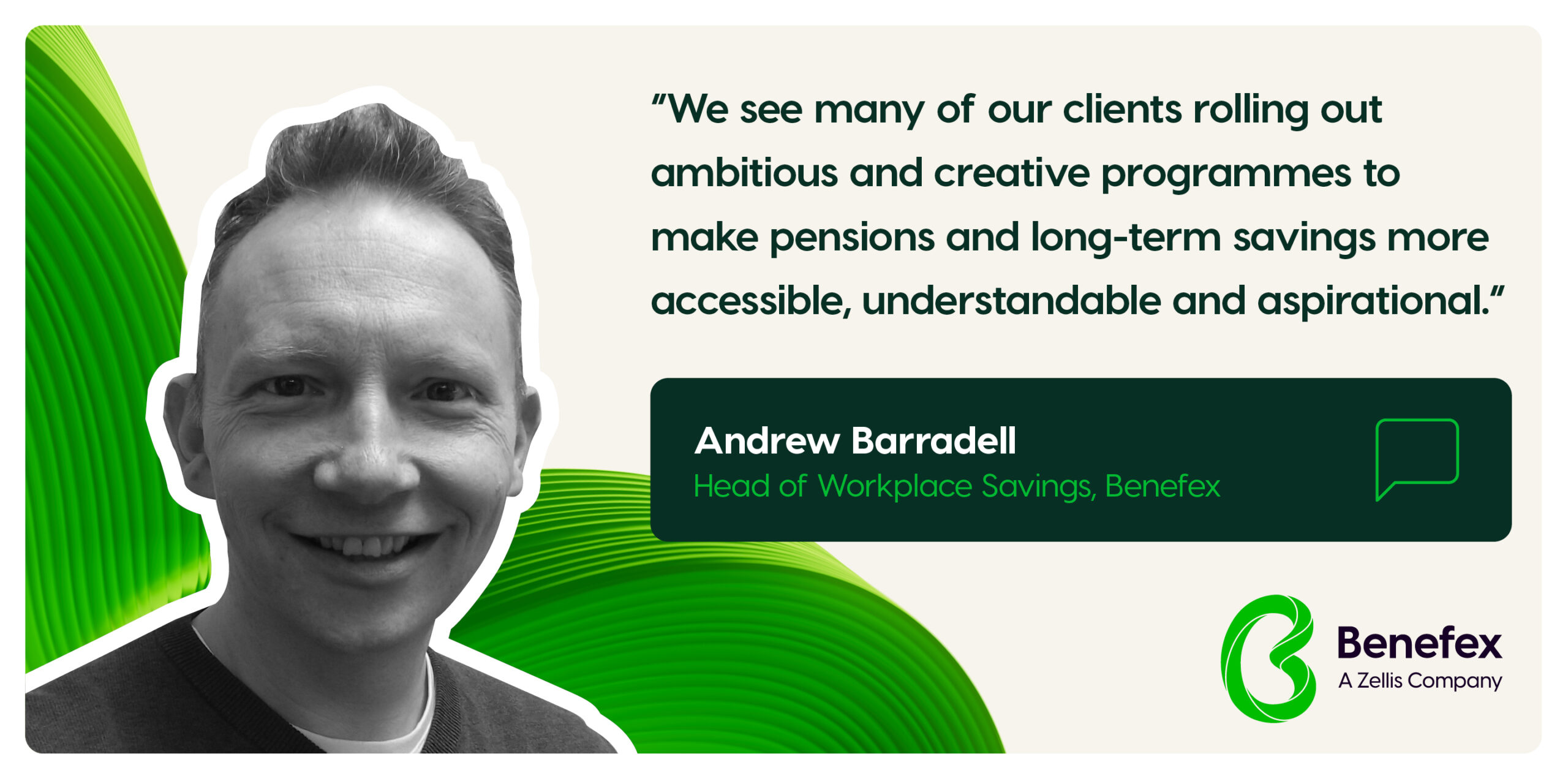
Employee Benefits
UK Budget 2024: How employers can prepare for Employer NI and Pension Tax Changes
30-10-2024
There was a lot of trepidation, (not least from the pensions sector), leading up to today’s budget as there was an expectation that the new Chancellor had her sights set on the various pension tax reliefs, such as; changes to the Tax Free Cash Limits, making pensions eligible for IHT, adding Employer NI onto employer’s pension contributions or even fundamentally changing the tax relief basis by moving to a flat rate.
In the end, pensions have largely come away untouched, however the decision to make pensions applicable for Inheritance Tax will likely change how many people use their pension moving forward.
In a budget that was widely envisaged to be painful due to the need to raise taxes, the government had to somehow maintain their pledge to not increase the taxes for ‘working’ people.
Here’s an overview of what was covered:
ER NI Increase
While the new government promised not to raise tax or National Insurance for ‘employees’ they were deliberately coy when it came to Employers, so it was little surprise when they announced that Employer NI will increase by 1.2% to 15% from April 2025, as well as to reduce the threshold from when companies start paying ER NI on salaries from £9,100 to £5,000.
This has been mitigated for small businesses by increasing the Employment Allowance (the amount of relief that an employer can claim towards Class 1 NI) from £5,000 to £10,500.
This increase means larger employers will have a direct rise in their costs, especially those in labour-intensive sectors such as retail and hospitality, meaning that they will have to pay more for each employee. The likely impact of this is that companies may look to slow down recruitment or reduce their workforce to manage the higher costs.
However, some companies may look to compensate for these increased costs elsewhere, by reducing benefit spend, be this a reduction in generous pension contributions, healthcare or other benefits.
We may also see companies having to recoup this additional cost by increasing revenue through higher prices for the goods and services they provide, which will have a direct impact on inflation.
IHT Pension
The decision to apply Inheritance Tax (IHT) to pensions will most likely have significant financial and behavioural impacts for both individuals and pensions overall.
Historically, pensions have not counted as part of a person’s estate, meaning they can be passed to beneficiaries without attracting IHT (currently at 40% on estates above the IHT threshold).
With IHT applying to pensions from April 2027, we may see a change in how some people approach retirement saving. There is a danger that many may decide to reduce contributions to their pensions, especially if they see part of their pot being taxed upon death.
We are also likely to see an increase in the amount of pension that someone in retirement accesses in drawdown, which in turn could lead to people using up all of their funds early.
It will be those with the larger pension pots that are hit the most. However, High-Net-Worth individuals and others who use pensions as an inheritance planning tool may seek alternative, tax-efficient investment vehicles, such as ISAs, which are subject to different inheritance rules but provide tax benefits during life. Making pensions become subject to IHT, is likely to disincentivize saving into pensions, particularly for those with larger incomes and higher pension balances.
The Institute for Fiscal Studies (IFS) estimated that taxing pensions as part of estates could generate up to £2 billion per year in additional revenue, however it is likely that the actual amount would be less as individual approaches to pension saving will change. This is to avoid leaving funds in a pension upon death.
National Minimum Wage
It had already been announced pre-budget that the National Minimum Wage for workers 21 and over would be increasing from April 2025 to £12.21 per hour (an increase of 6.7%). Whilst this is a significant increase it falls short of the £12.60 recommended by the Living Wage Foundation.
The Chancellor also announced that the minimum wage for people aged 18-20 would rise to £10 an hour (an increase of 16.3%). This rise is the highest such rise on record and is seen as a step to the Government extending the main adult rate to 18-year-olds in future.
Key takeaways for employers
Whilst all of the expected changes to taxes have not happened, this is still a budget that is going to impact on businesses and increase costs.
There is a danger that companies may be looking to reduce costs in other areas. Rather than looking to reduce any benefits for employees, now would be the time for organisations to review how they provide those benefits and whether there may be a more tax efficient way of providing the same level for employees.
With Employers National Insurance not applying for Employee Pension Contributions, better pension engagement around the scheme, or using a digital offering for Bonus Sacrifice, can not only help employees boost their pension savings but also enable savings to the business. These savings can either be used to offset some of the increased costs or passed back to employees as additional pension contributions.
A real worry in the lead up to the budget was the increase in employees taking their tax-free cash for fear of losing it. This will have directly impacted the growth potential of the remaining fund due to the reduced size of the pot and also reduced the overall amount of Tax-free cash they could have been entitled to. Good pension education and guidance could have mitigated this, helping employees understand that even if changes had been announced in the budget, they would have taken time to implement and a transition period would most likely have been put in place, reassuring them that there was no need to panic.
To discuss where we can help to review and enhance your benefits offering, please get in touch with the Benefex Team.

Andrew Barradell
Head of Workplace Savings, Benefex


